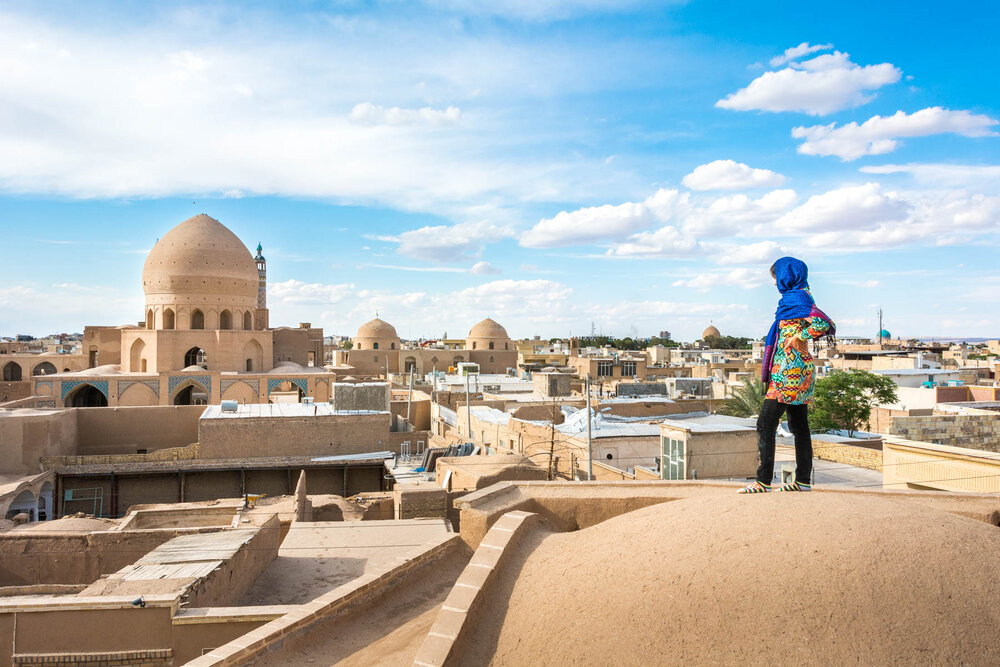Iranophobia a major obstacle to tourism growth, expert says

TEHRAN – A major obstacle to the growth of Iran’s tourism industry is Iranophobia which has spread all over the world in recent years, the director of Tehran’s Niavaran Cultural-Historical Complex has said.
Iranophobia is widespread throughout the world, as superpowers do not want Iran to attract money, attention or economic growth, Bijan Moqadam explained on Wednesday.
To deal with this issue and develop the country’s tourism sector, Iran’s relationship with other countries and maintaining security within the country are one of the very serious and important components, the cultural heritage expert added.
Iran could certainly encourage more groups to visit the country if the conditions of society are safe, he noted.
For the development of domestic tourism, it is also important to facilitate travel and make travel cheaper, as well as boost infrastructure for travel in the country, he mentioned.
Long shunned by Western travelers, the Islamic Republic has steadily stepped-up efforts to use tourism, over the past couple of years, to help promote its international image battered by endless opposition mostly from the U.S.
Experts believe even before the pandemic, Iran’s tourism was already grappling with some challenges, on top of those Western “media propaganda” aimed at scaring potential travelers away from the Islamic Republic. They say Iran is still somehow “unknown” to many potential travelers due to such a “media war.”
Before the COVID pandemic, Iran's tourism had constantly been growing, reaching more than eight million visitors in the Iranian calendar year 1398 (started March 21, 2019). That surge, however, helped prejudices to become thick and thin.
However, Iran’s trump card is that the country benefits from a wide variety of travel destinations ranging from seacoasts and lush green woods to towering mountains and harsh deserts. As a wallet-friendly destination with hospitable people, Iran has long been a desired destination for nature lovers, birdwatchers, powder chasers, culture devotees, pilgrims, museum-goers, foodies, adventurers, and medical travelers, to name a few.
ABU/AM
